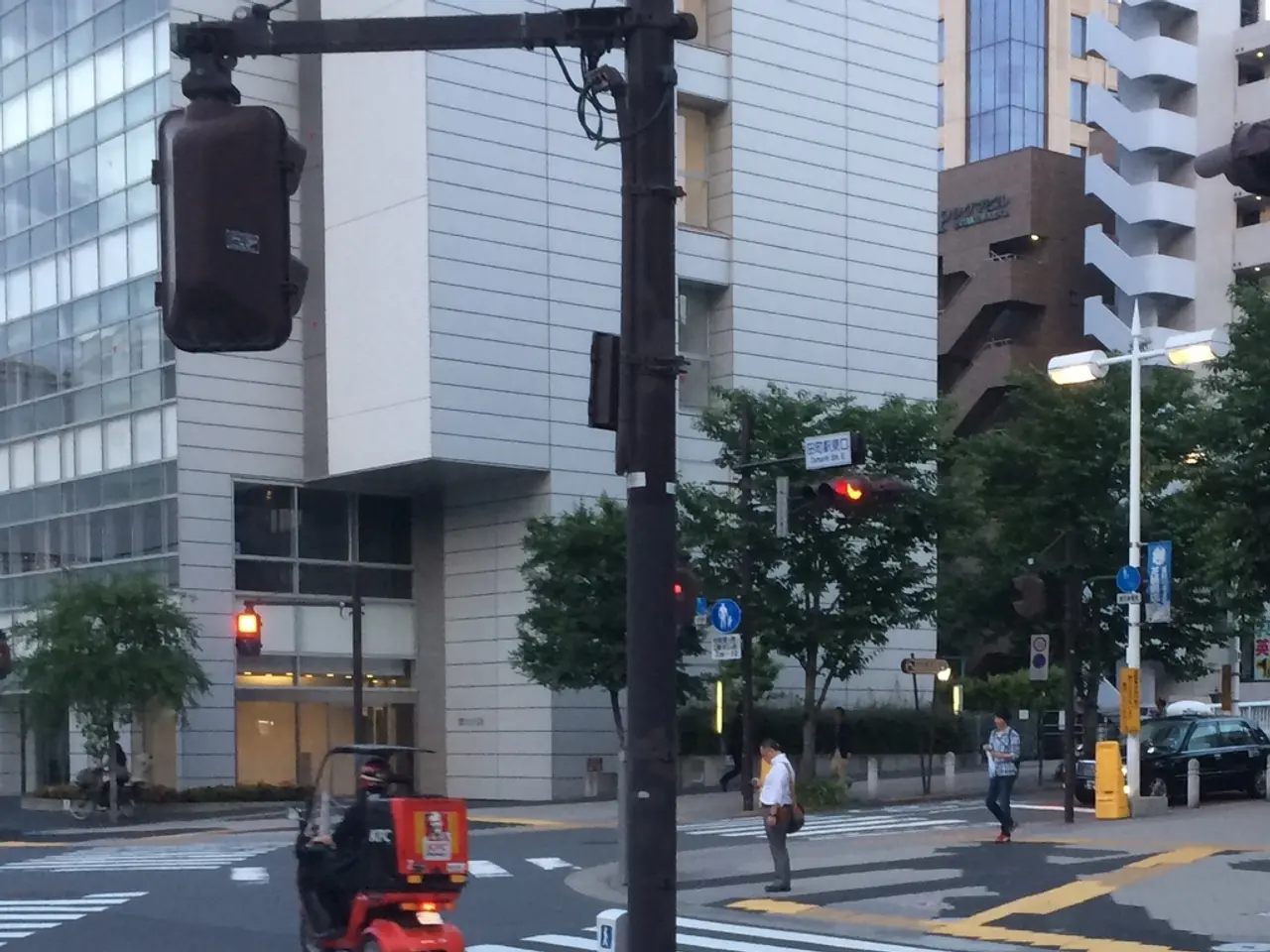Scooters powered by electricity are not the solution we're looking for
In a move to diversify the city's mobility landscape, Voi has announced the launch of its e-scooter service in Düsseldorf. The Swedish company's rollout in the city is part of its presence in 17 locations across North Rhine-Westphalia, including Düsseldorf. The expansion also includes the cities of Duisburg and Oberhausen, where services began on August 1, 2025.
The introduction of e-scooters, however, has not been without incident. According to local authorities, 21 accidents have occurred in Düsseldorf since their introduction in June, with three resulting in serious injuries. Police officers have been actively monitoring and controlling drivers of electric micro-vehicles, cyclists, and e-bike riders in the city. A total of 125 people were controlled, with fines imposed in 18 cases for various violations.
Despite the challenges, the city's authorities aim to promote a mix of mobility consisting of public transport and other transport options. The hope is that e-scooters will complement, rather than replace, traditional modes of transport. However, concerns about their environmental impact persist. The production of batteries, short lifespan of the scooters, and nightly collection for maintenance all contribute to the negative environmental impact of these vehicles.
The use of e-scooters in Düsseldorf is not primarily as a replacement for cars, but as a recreational vehicle. A significant 70 percent of all trips in Germany are made using passenger cars, with 50 percent of all car trips being less than 5 kilometers. Cars still have priority in German inner cities for both traffic flow and use of public spaces as parking.
The arrival of e-scooters in Düsseldorf has not gone unnoticed by other mobility providers. Two new providers, Bird and Circ, have announced their intention to offer scooters in the city. As more providers enter the market, the question of how to balance the needs of various modes of transport becomes increasingly important.
The traffic policy in Germany, which prioritises cars, is facing new challenges. As cities like Düsseldorf embrace new mobility solutions, it remains to be seen how the urban landscape will change and how authorities will adapt to accommodate these changes.








